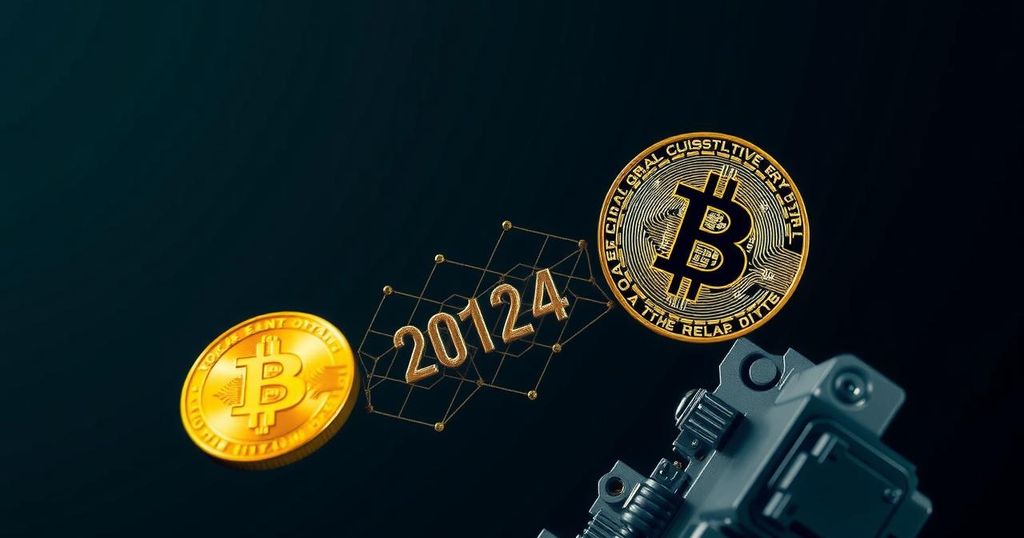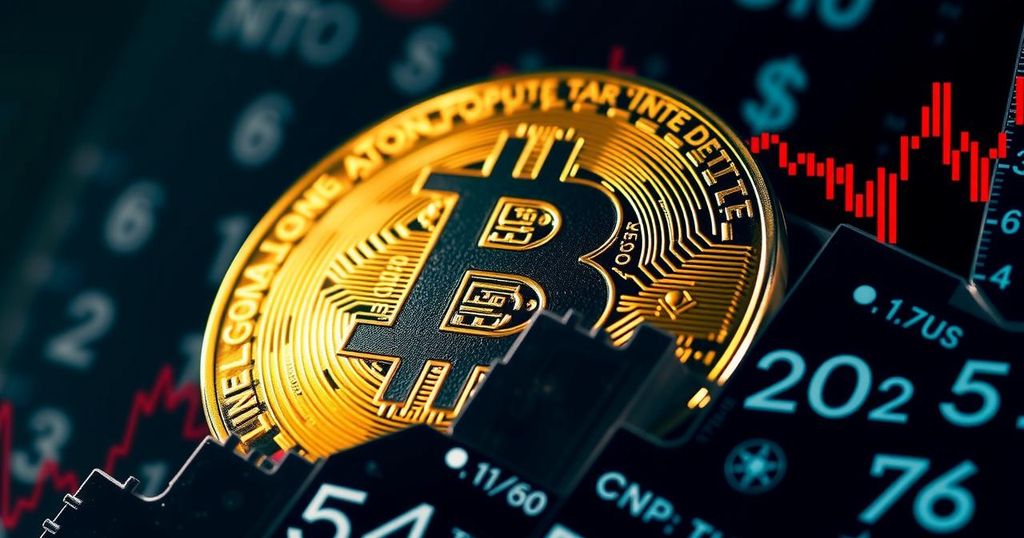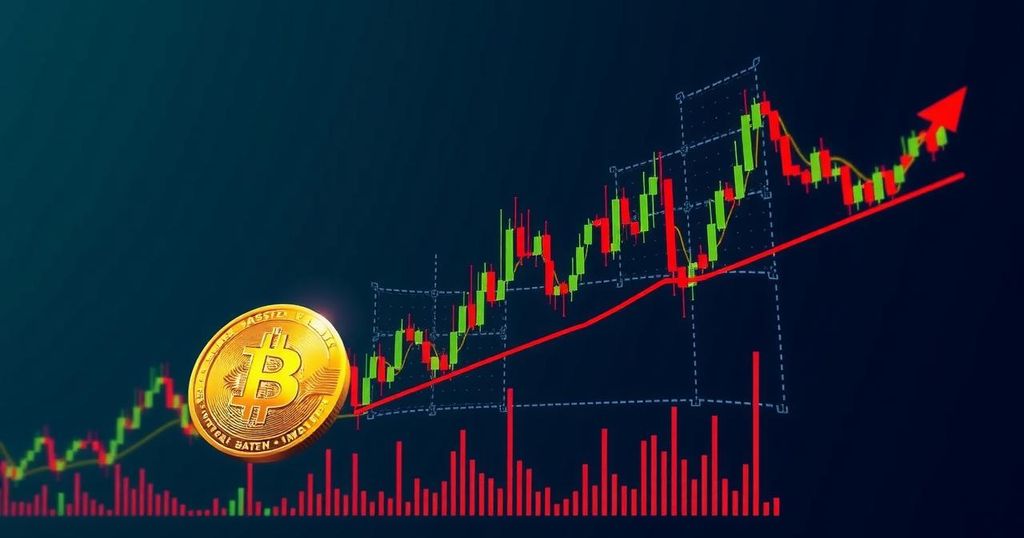BlackRock Warns of Bitcoin Volatility Amid Economic Uncertainty and Election Dynamics
Summary
As Bitcoin’s price fluctuates near $60,000 after experiencing sharp declines, BlackRock analysts predict ongoing volatility driven by economic uncertainties and the upcoming U.S. presidential elections. They caution that the Federal Reserve may not cut interest rates as quickly as expected, while analysts speculate drastic price changes depending on the election outcome.
Bitcoin’s price is currently experiencing significant fluctuation, recently rising back toward $60,000 after fears enveloped the market, driving it down to around $50,000. Analysts from BlackRock, the world’s largest asset manager, have issued somber guidance, indicating that they foresee increased market volatility in the near future. They caution that the Federal Reserve is unlikely to reduce interest rates as swiftly as the markets anticipate, which is a critical factor that could influence price movements in the cryptocurrency sector. BlackRock’s strategists, led by Jean Boivin, emphasize that several elements are contributing to the rising market volatility. These include fears of potential economic recession as evidenced by disappointing economic indicators, apprehensions surrounding the upcoming U.S. presidential elections, and profit-taking activities as investors adapt their portfolios to accommodate new stock offerings. BlackRock articulates the belief that these factors will instigate significant price swings in the bitcoin market, which remain volatile in response to economic signals. As inflation data is awaited, traders are keenly monitoring for hints of any imminent interest rate cuts by the Federal Reserve, which is expected to convene on September 17. Speculations are rife that a cut either by 25 or 50 basis points could occur. However, the potential for a 50% decline in bitcoin’s market price to around $30,000 has been suggested, particularly if Democratic nominee Kamala Harris emerges victorious in the upcoming election. Conversely, a win for former President Donald Trump might see bitcoin’s value escalate to $90,000, attributed to his favorable stance toward the cryptocurrency sector. Additionally, despite the significant financial commitments made to the presidential election by the crypto industry—totaling $119 million—the topic of cryptocurrency was notably absent in recent debates. Polls conducted via platforms such as Polymarket indicate a sizeable portion of voters, specifically 73% of cryptocurrency holders, are inclined to consider a candidate’s policies on digital assets when casting their votes, underlining the influence that regulatory approaches could have on the market’s trajectory post-election. Traders and analysts remain vigilant about the evolving landscape of both the financial regulations and economic indicators that will ultimately determine the future price movements of bitcoin and other cryptocurrencies.
The article discusses the current volatility of Bitcoin prices and the significant impact of Federal Reserve monetary policy on the cryptocurrency market. It highlights insights from BlackRock regarding economic uncertainties, upcoming U.S. presidential elections, and their potential ramifications on Bitcoin value. Historical data shows that external economic factors heavily influence cryptocurrency trading behaviors and overall market stability. Moreover, the article underscores the strategic implications of political outcomes on cryptocurrency policies, making this an important consideration for investors and traders in the current climate.
In summary, Bitcoin’s price volatility is compounded by a confluence of factors, including Federal Reserve policies and political dynamics surrounding the U.S. presidential elections. With potential predictions for the cryptocurrency’s trajectory hinging on electoral outcomes and economic signals, investors must remain attuned to the shifting landscape as they navigate this complex market. The call from BlackRock cautions stakeholders to prepare for continued fluctuations in Bitcoin prices as the market heads towards critical economic decisions and political contests.
Original Source: www.forbes.com




Post Comment